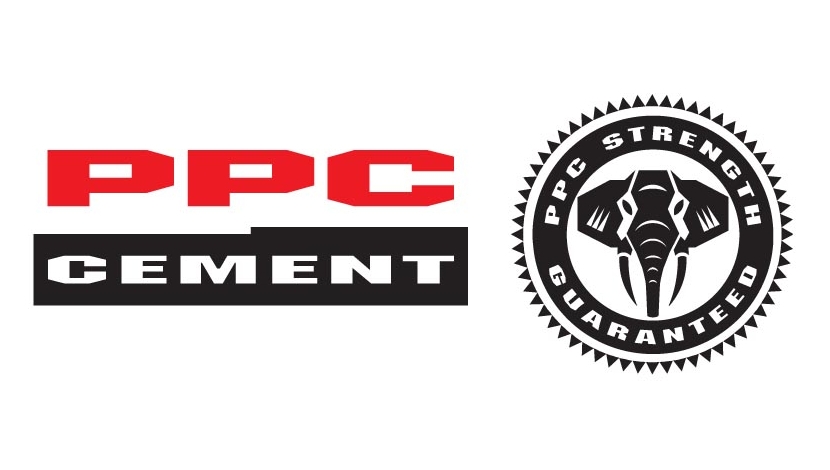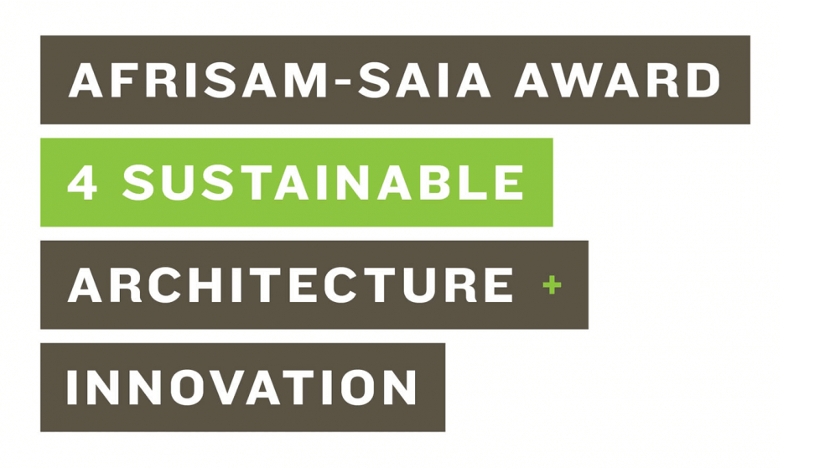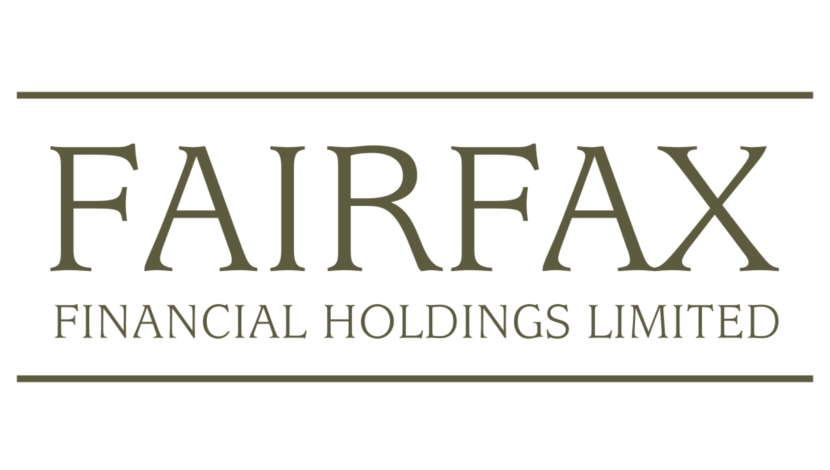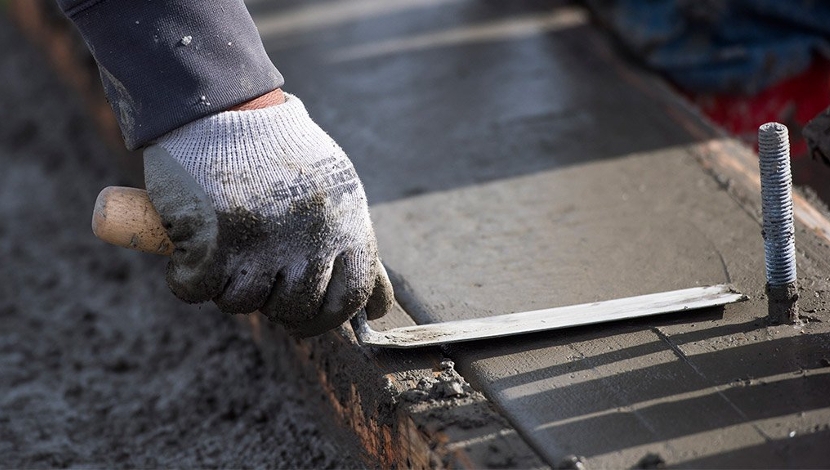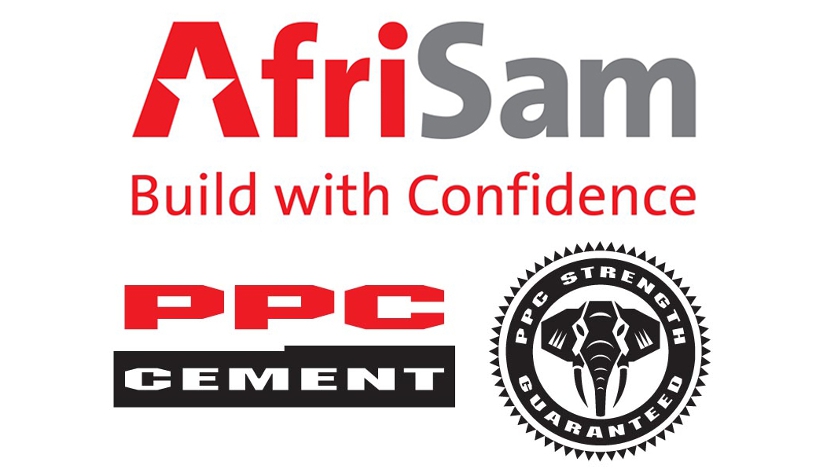

Later this month PPC will hold its AGM and shareholders can question the board and management on the proposed merger with AfriSam, announced in February
Little detail has been disclosed and with AfriSam remaining unlisted, shareholders are mostly in the dark.
AfriSam is nearly 60% owned by the Public Investment Corporation (PIC), on behalf of government pensioners. The Phembani Group owns about 30%.
Since its establishment in 2007 AfriSam has been a questionable investment. Answers about the funding model were few and far between and a few years later analysts’ fears were proven to be founded.
By 2012 PIC had to step in to prevent AfriSam defaulting on its unsustainable mountain of debt. By the time the debt restructuring was done, the PIC had invested R9.3 billion, landing itself ±60% of AfriSAm. Holcim wrote off R3.5 billion and AfriSam’s debt had been reduced by R15 billion to R6.5 billion. Phembani, a major creditor of AfriSam, took a ±30%.stake.
PPC has told its shareholders a prerequisite to the transaction is that the “merged entity will have similar levels of gearing to PPC with sufficient financial liquidity”.
A recent rights offer reduced PPC’s gross debt in the previous financial year from R9.2 billion to R5.7 billion in March this year. The net debt/Ebitda ratio stood at 2.3x at the time.
It therefore seems that if AfriSam’s debt levels remained largely unchanged this requirement might see the PIC make a further write-off.
Charl Kocks, corporate governance expert at Ratings Afrika, questions the PIC’s role in the proposed transaction. The PIC also holds a 15.17% stake in PPC; shareholders would be justified in asking whose interest the PIC will serve. How keen is it to get rid of or reduce its stake in AfriSam and how far would it go to see this, a second attempt at the merger, succeed?
Kocks says the merger does not make sense for PPC shareholders. PPC currently earns 78% of its revenue in South Africa, but demand is sluggish with pressure on sales prices due to new entrants who also brought more capacity to the market.
The AfriSam merger would hardly bring the geographical diversification PPC needs to mitigate its troubles in the local market, Kocks says.
He asks whether the recent departure of PPC CEO Darryl Castle has anything to do with the merger. In fact, both companies are currently operating with acting CEOs.
PPC’s share price at its current level of R3.82 is almost 86% lower than five years ago.
Last year Standard & Poor’s downgraded PPC to junk status. This resulted in a liquidity crisis as the company’s bonds were called. An insider puts the cost of the debacle at more than R350 million and PPC attributed its headline earnings per share drop of 93% to the downgrade. Cash flow from operations dropped by 22%.
PPC has warned that impairments are likely regarding its investment in the DRC. The $300 million project cost was not ring-fenced like PPC’s other African projects. GDP growth in the DRC is slow and the cement market suffers as a result of surplus production capacity and pressure from importers.
PPC is also non-compliant with the Mining Charter as it lost its empowerment status following the unwinding of its empowerment deal.
The AfriSam merger can improve PPC’s empowerment credentials, but PPC has announced that it is also working on an independent empowerment transaction.
The fact is, neither bride nor groom seem to be very attractive at this stage. Even if they do decide to proceed, the Competition Commission might not approve.
PPC shareholders would be justified in asking serious questions about the cost of the proposed wedding, since they might end up paying the price.

